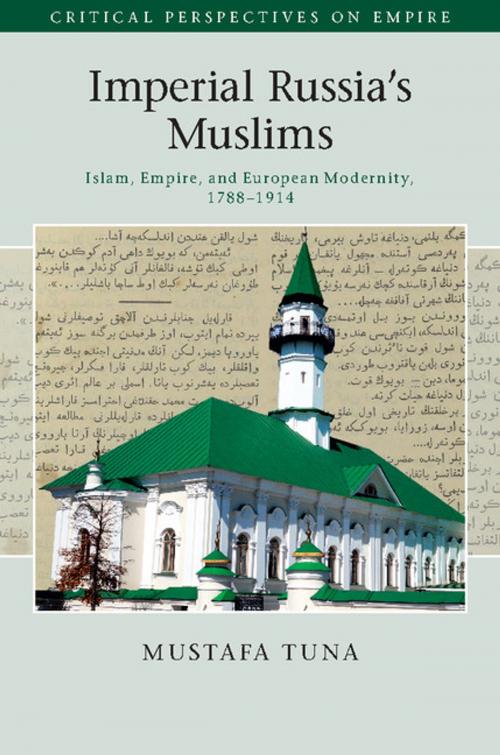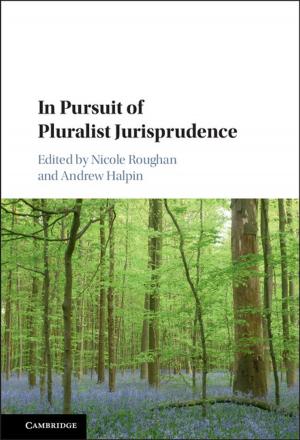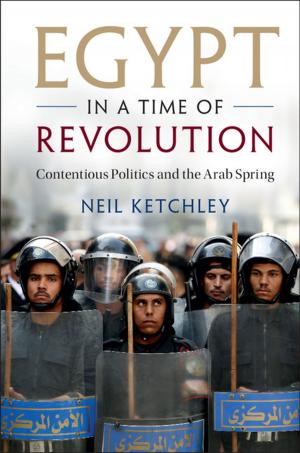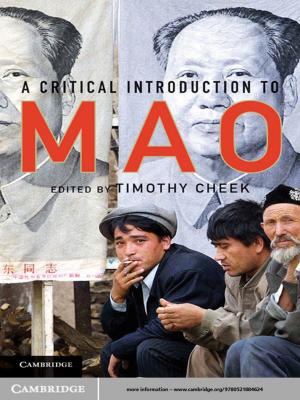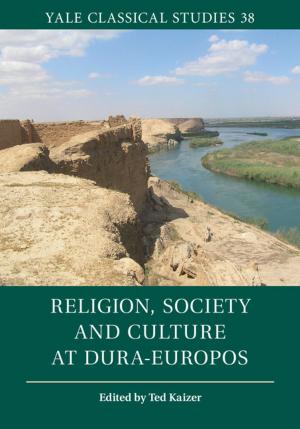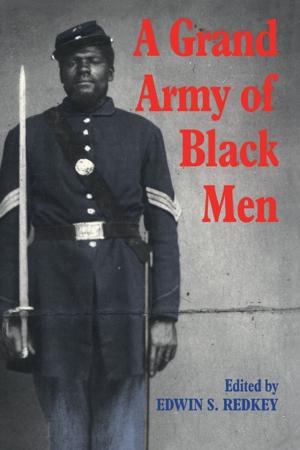Imperial Russia's Muslims
Islam, Empire and European Modernity, 1788–1914
Nonfiction, History, Eastern Europe, Religion & Spirituality| Author: | Mustafa Tuna | ISBN: | 9781316379233 |
| Publisher: | Cambridge University Press | Publication: | June 4, 2015 |
| Imprint: | Cambridge University Press | Language: | English |
| Author: | Mustafa Tuna |
| ISBN: | 9781316379233 |
| Publisher: | Cambridge University Press |
| Publication: | June 4, 2015 |
| Imprint: | Cambridge University Press |
| Language: | English |
Imperial Russia's Muslims offers an exploration of social and cultural change among the Muslim communities of Central Eurasia from the late eighteenth century through to the outbreak of the First World War. Drawing from a wealth of Russian and Turkic sources, Mustafa Tuna surveys the roles of Islam, social networks, state interventions, infrastructural changes and the globalization of European modernity in transforming imperial Russia's oldest Muslim community: the Volga-Ural Muslims. Shifting between local, imperial and transregional frameworks, Tuna reveals how the Russian state sought to manage Muslim communities, the ways in which both the state and Muslim society were transformed by European modernity, and the extent to which the long nineteenth century either fused Russia's Muslims and the tsarist state or drew them apart. The book raises questions about imperial governance, diversity, minorities, and Islamic reform, and in doing so proposes a new theoretical model for the study of imperial situations.
Imperial Russia's Muslims offers an exploration of social and cultural change among the Muslim communities of Central Eurasia from the late eighteenth century through to the outbreak of the First World War. Drawing from a wealth of Russian and Turkic sources, Mustafa Tuna surveys the roles of Islam, social networks, state interventions, infrastructural changes and the globalization of European modernity in transforming imperial Russia's oldest Muslim community: the Volga-Ural Muslims. Shifting between local, imperial and transregional frameworks, Tuna reveals how the Russian state sought to manage Muslim communities, the ways in which both the state and Muslim society were transformed by European modernity, and the extent to which the long nineteenth century either fused Russia's Muslims and the tsarist state or drew them apart. The book raises questions about imperial governance, diversity, minorities, and Islamic reform, and in doing so proposes a new theoretical model for the study of imperial situations.
